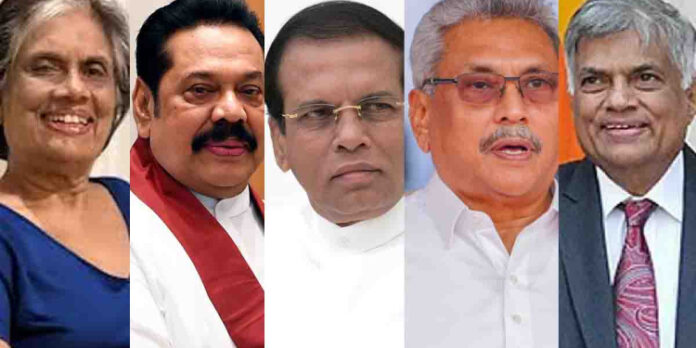August 07, Colombo (LNW): Parliament was presented with a landmark piece of legislation aimed at dismantling long-standing privileges granted to former heads of state and retired lawmakers, as Justice Minister Harshana Nanayakkara introduced the Presidents’ Entitlements (Repeal) Bill for its First Reading.
The proposed law seeks to formally annul the Presidents’ Entitlements Act of 1986, a statute that has, for decades, guaranteed a range of publicly funded benefits to former Presidents, their surviving spouses, and retired Members of Parliament.
These benefits have included state-provided residences, monthly stipends, personal staff, transport arrangements, and pension packages.
The initiative marks a significant shift in political tone, reflecting growing public sentiment for transparency and austerity in governance, particularly at a time when the nation continues to navigate pressing economic challenges.
By repealing these entitlements, the government aims to set a precedent for fiscal discipline and reduce perceived excesses in public office.
The legislation was officially published in the Government Gazette on July 31, 2025. However, it was not introduced without procedural scrutiny. MP Dayasiri Jayasekara raised concerns over whether the bill had met the constitutional requirement of a minimum seven-day interval between gazetting and parliamentary introduction—a safeguard designed to ensure public awareness and provide space for legal challenge, as outlined in Article 78 of the Constitution.
“We are not challenging the content of the bill,” Jayasekara noted, “but we must be meticulous in observing the correct legislative process. That is what maintains public trust in Parliament.”
Responding to the query, both Minister Nanayakkara and Leader of the House Bimal Rathnayake assured members that the gazette notice had indeed been issued by or before July 30, thus satisfying all constitutional prerequisites. They dismissed any suggestion of procedural impropriety, affirming that the bill was lawfully placed on the Order Paper.

